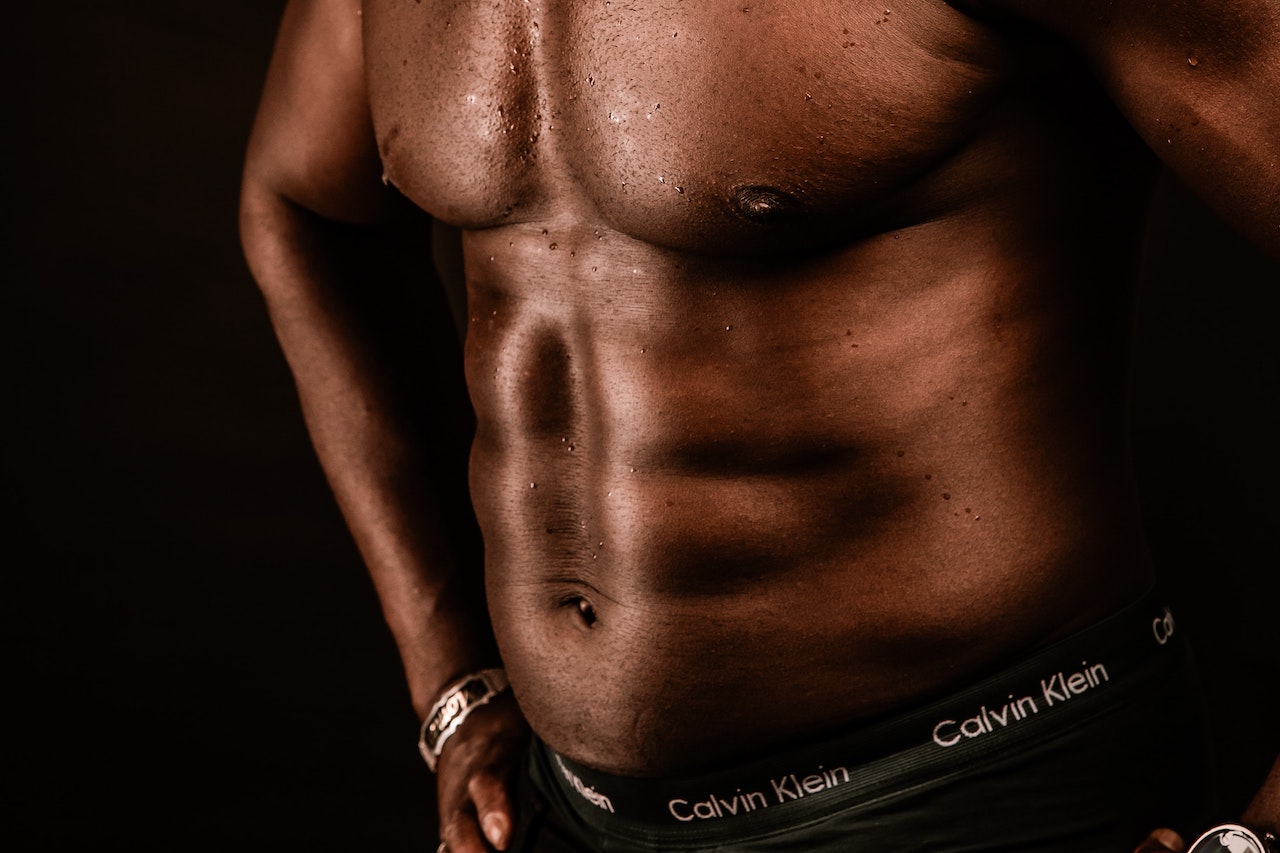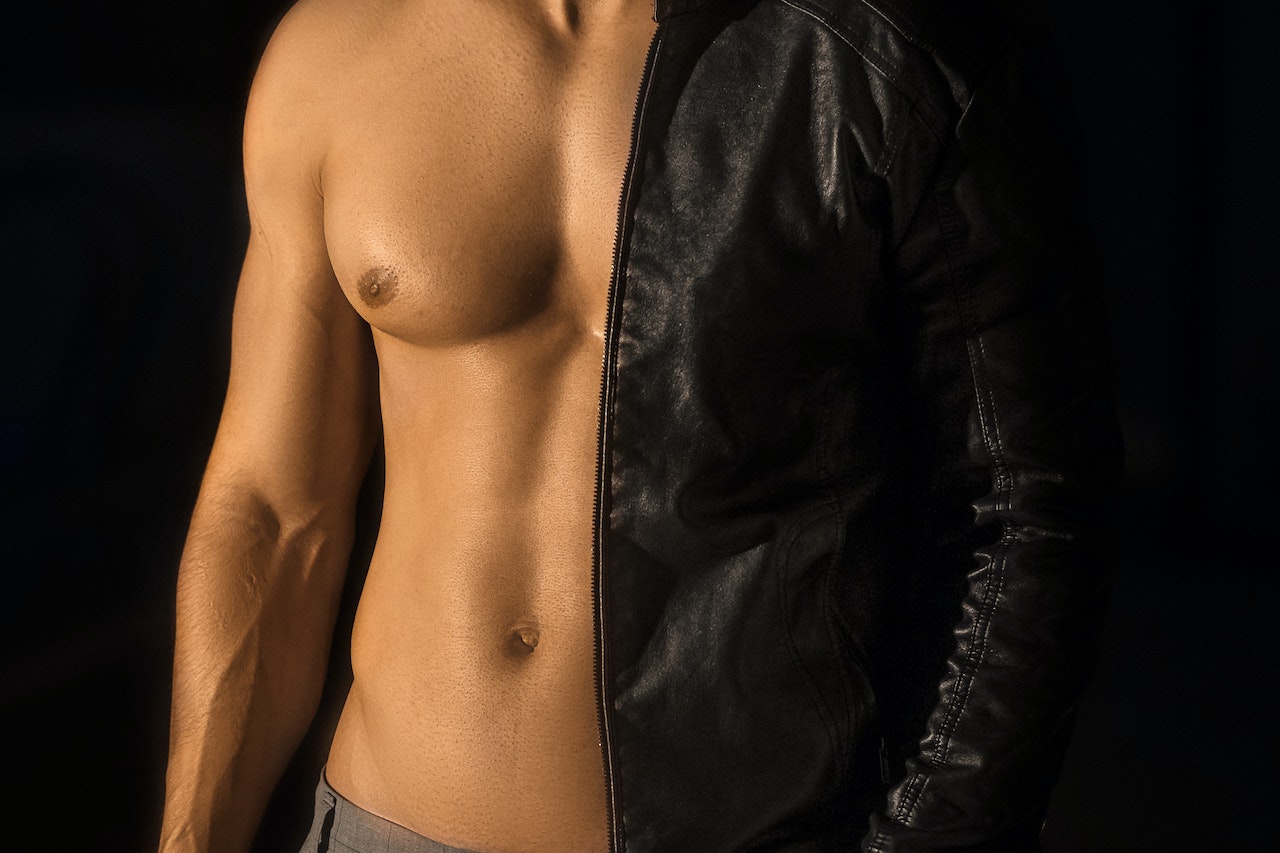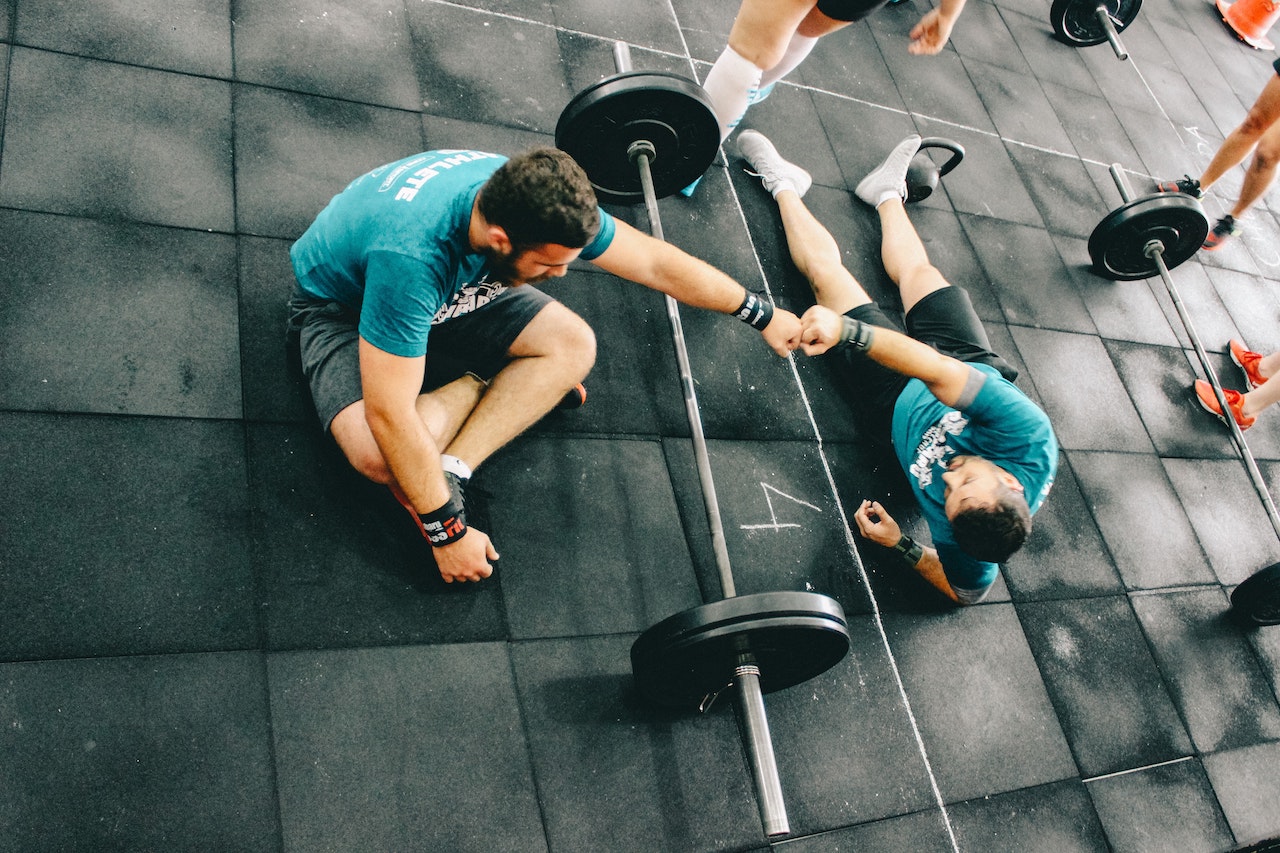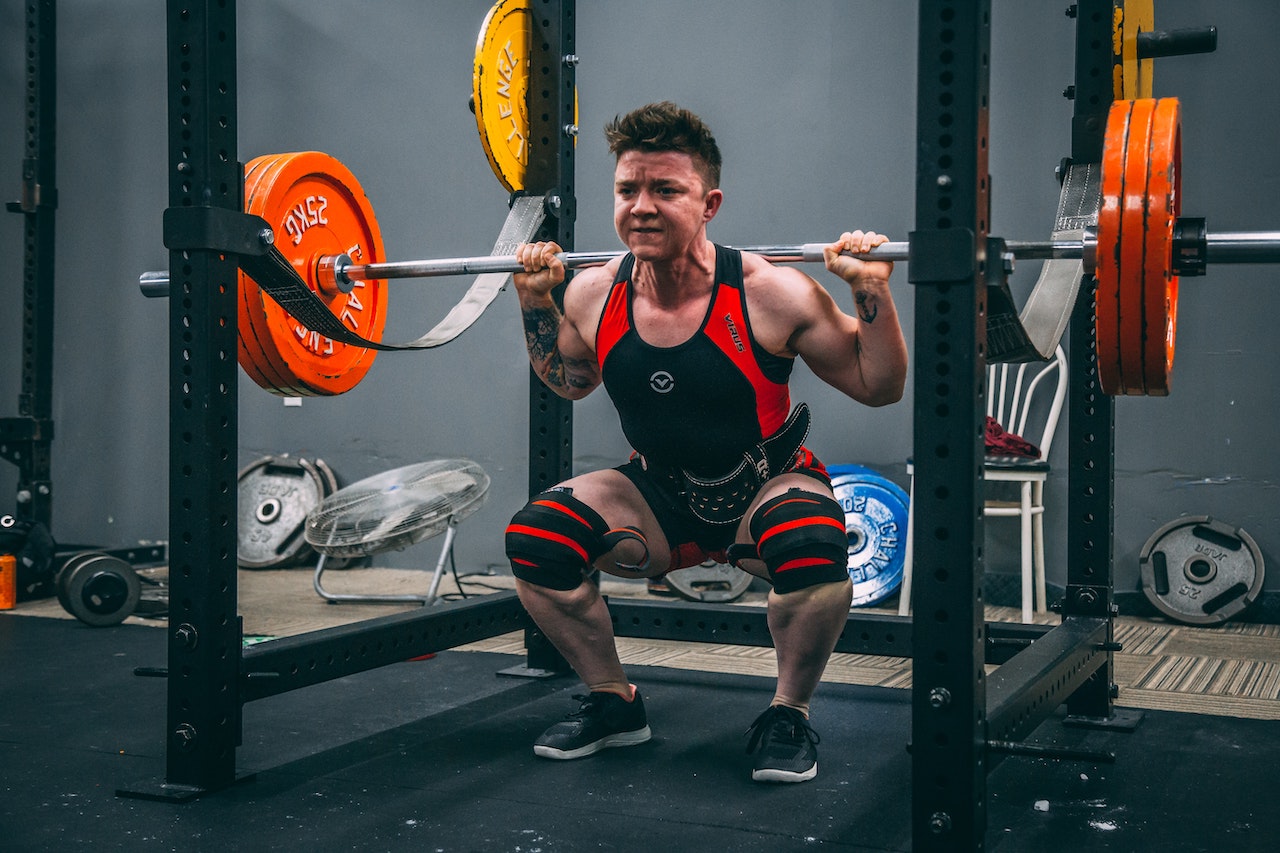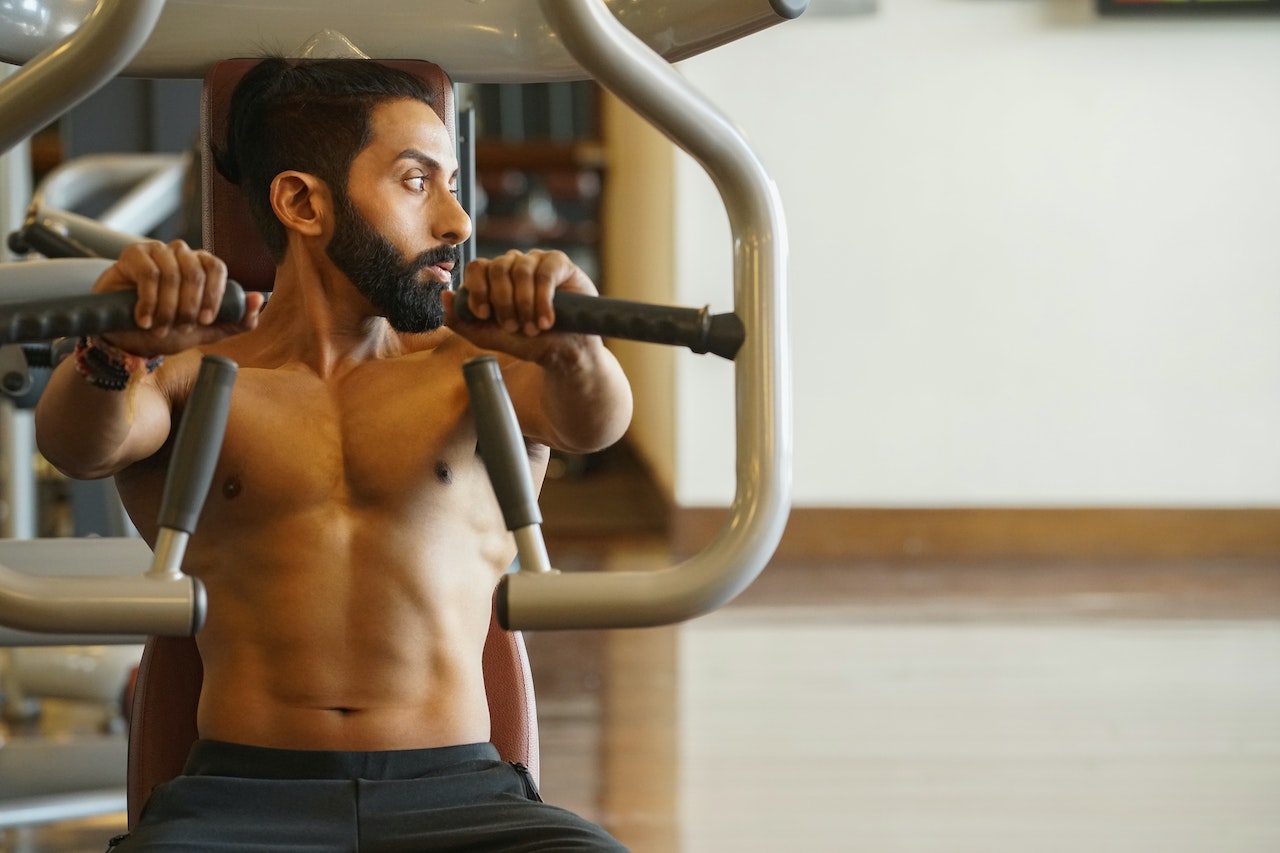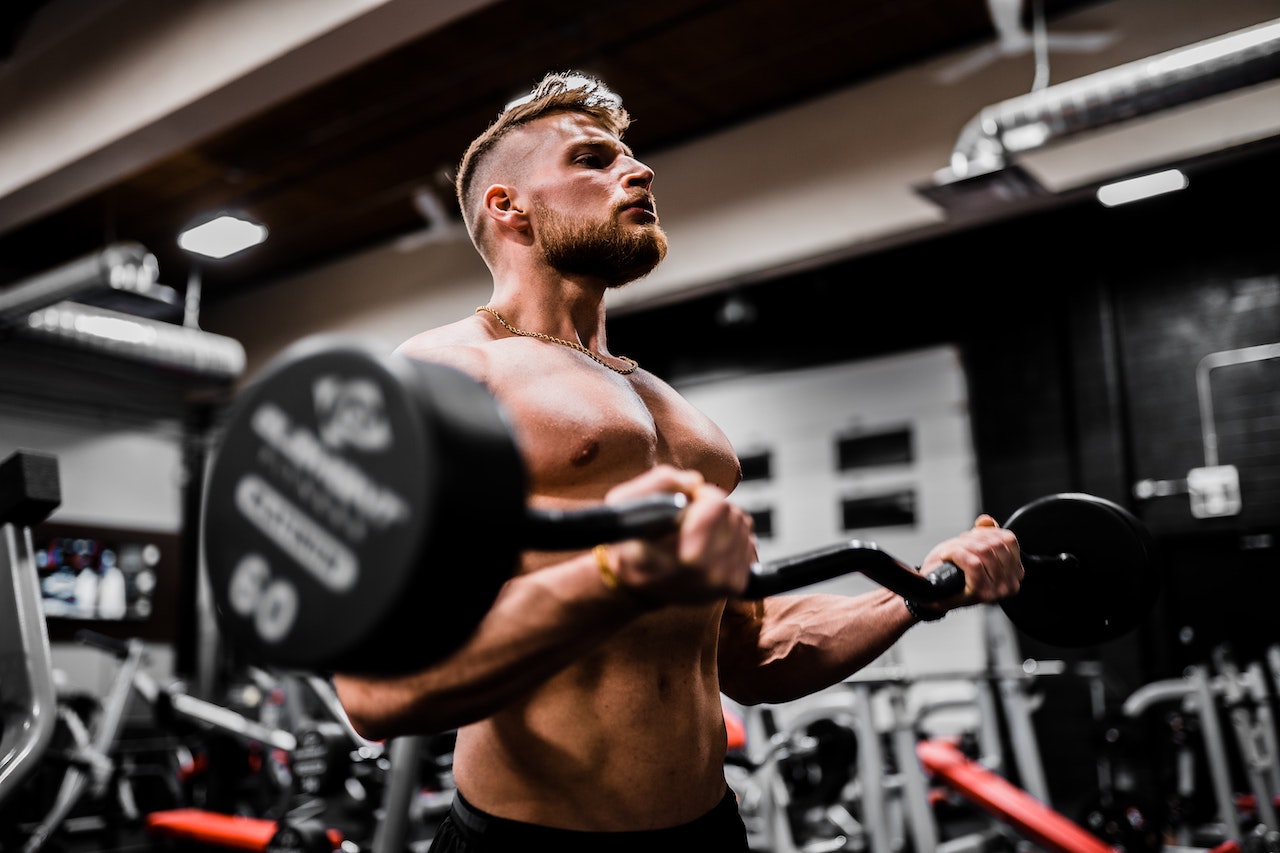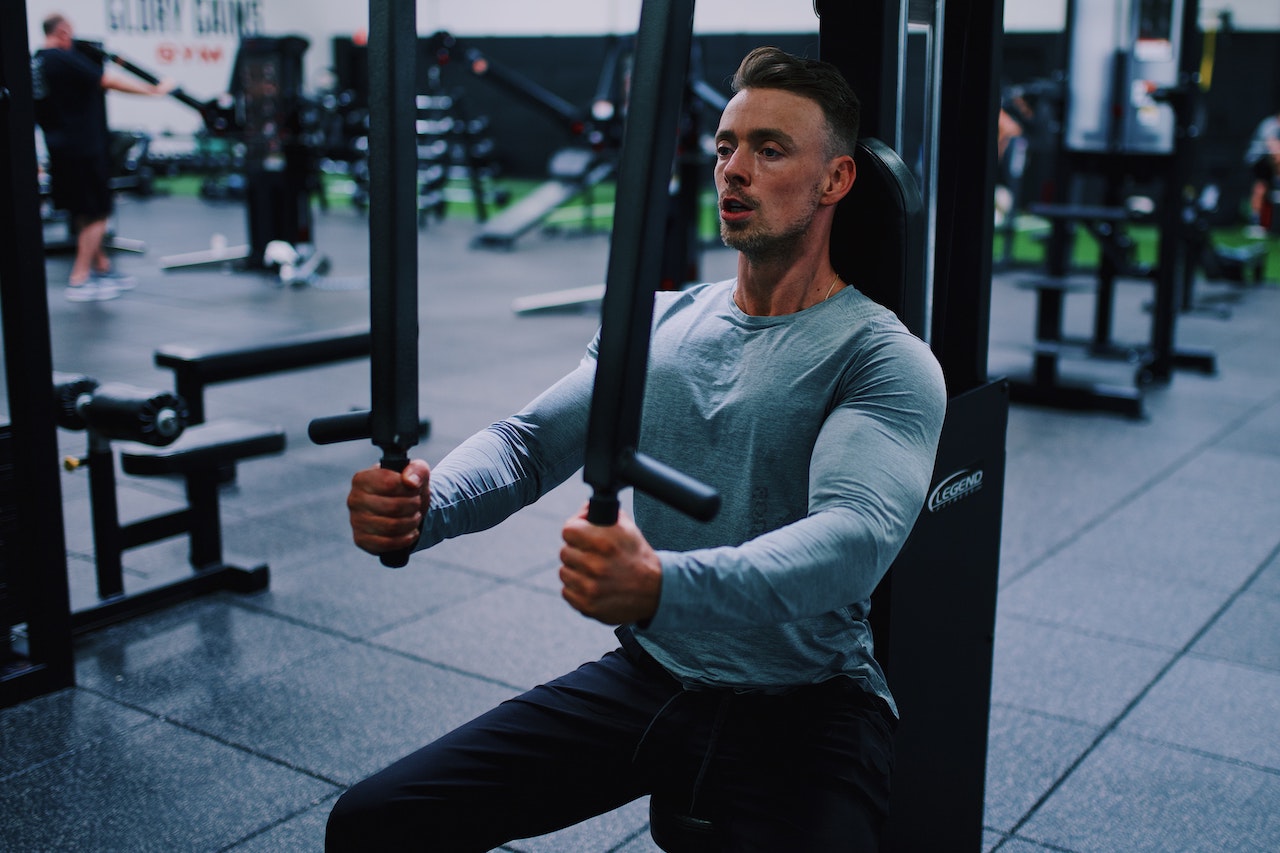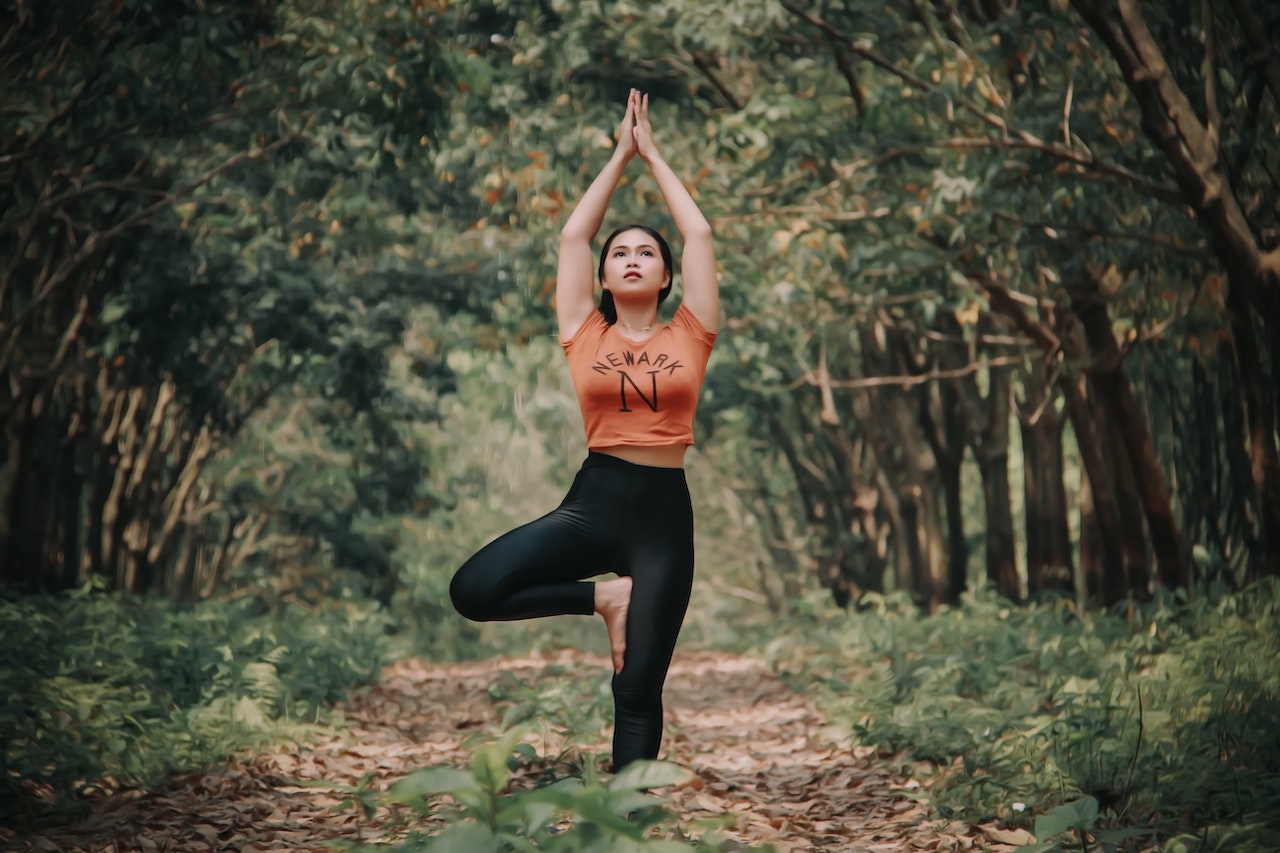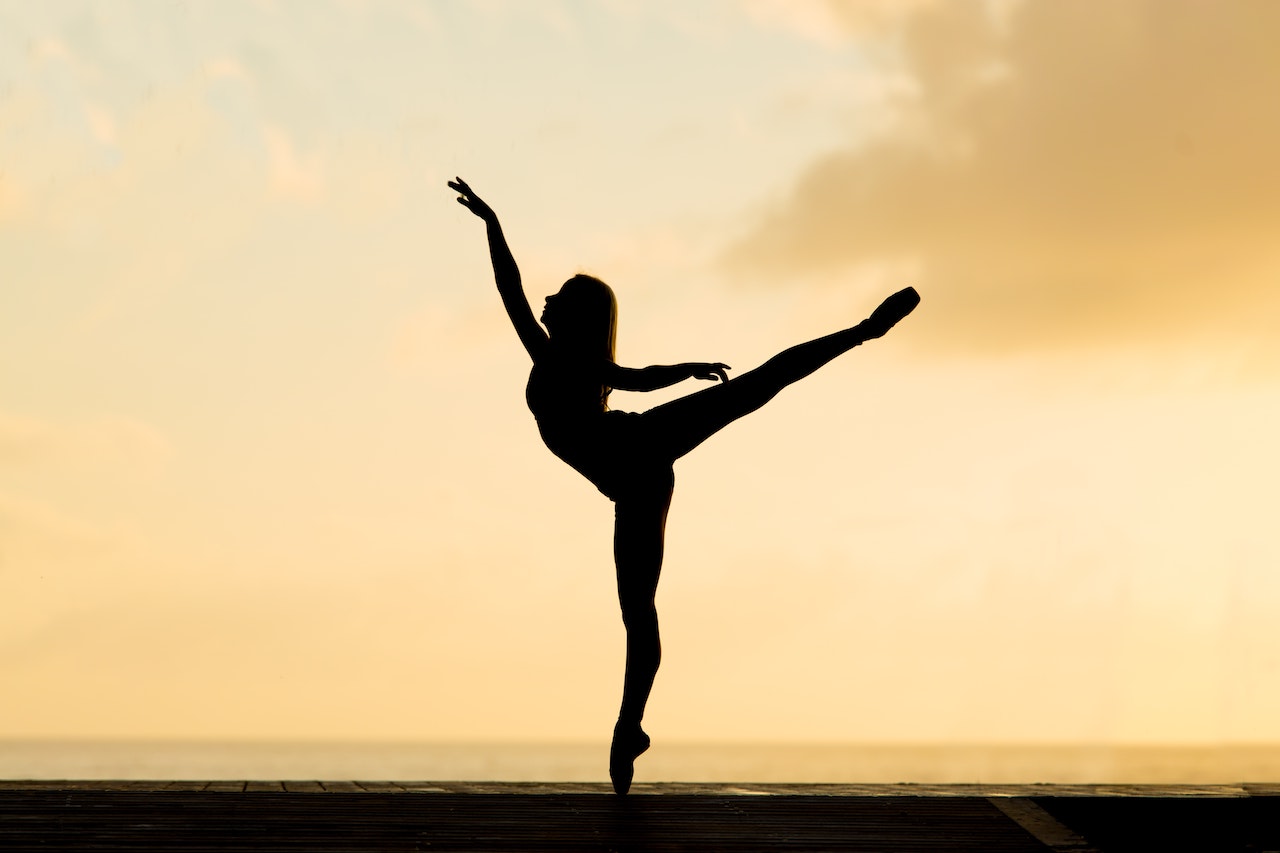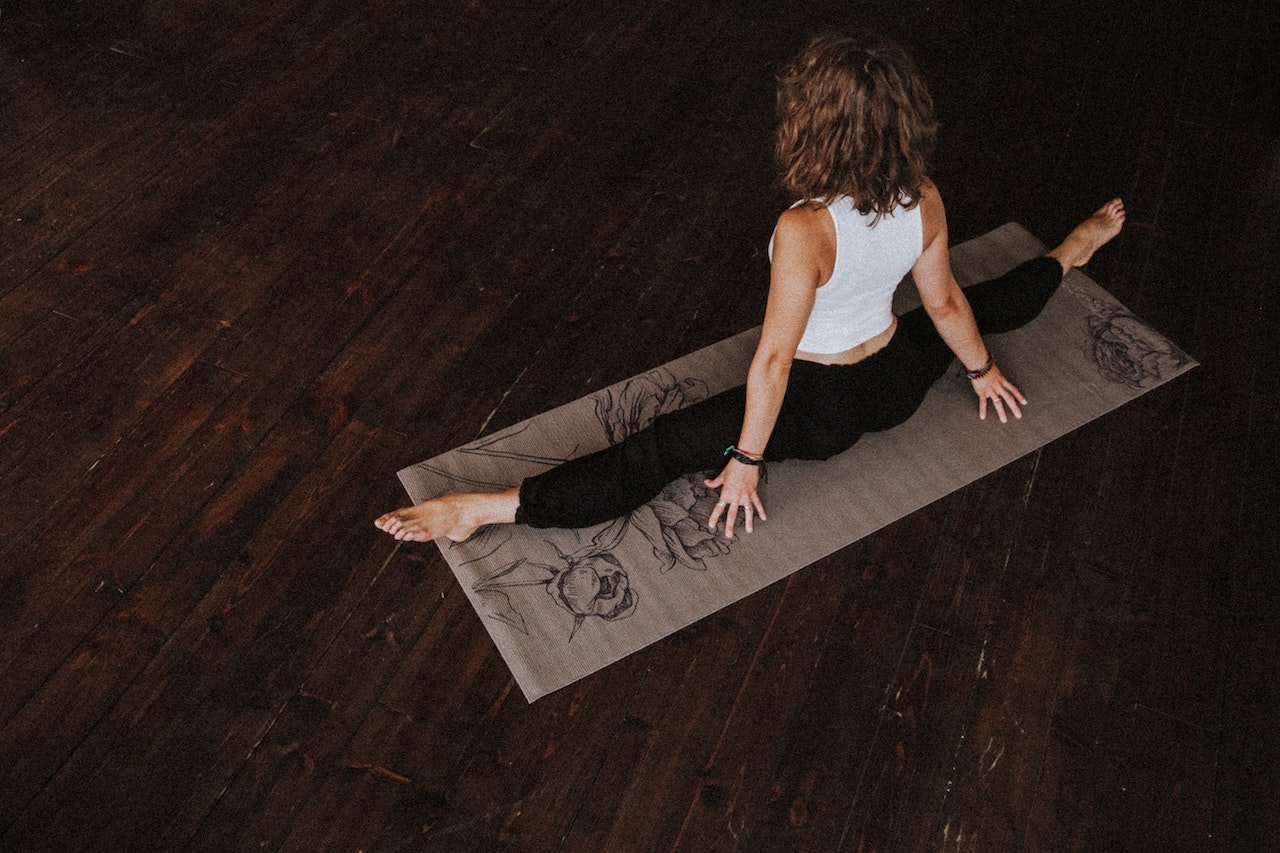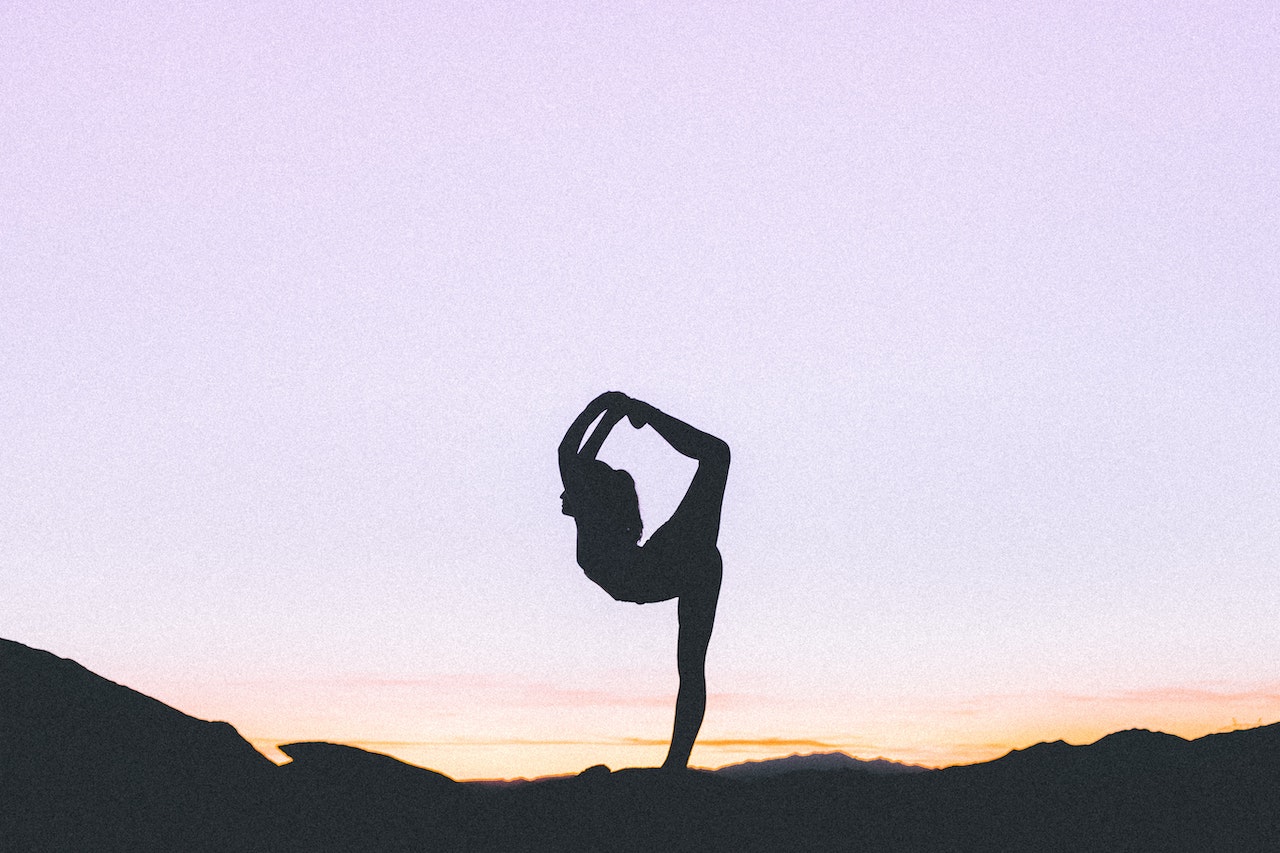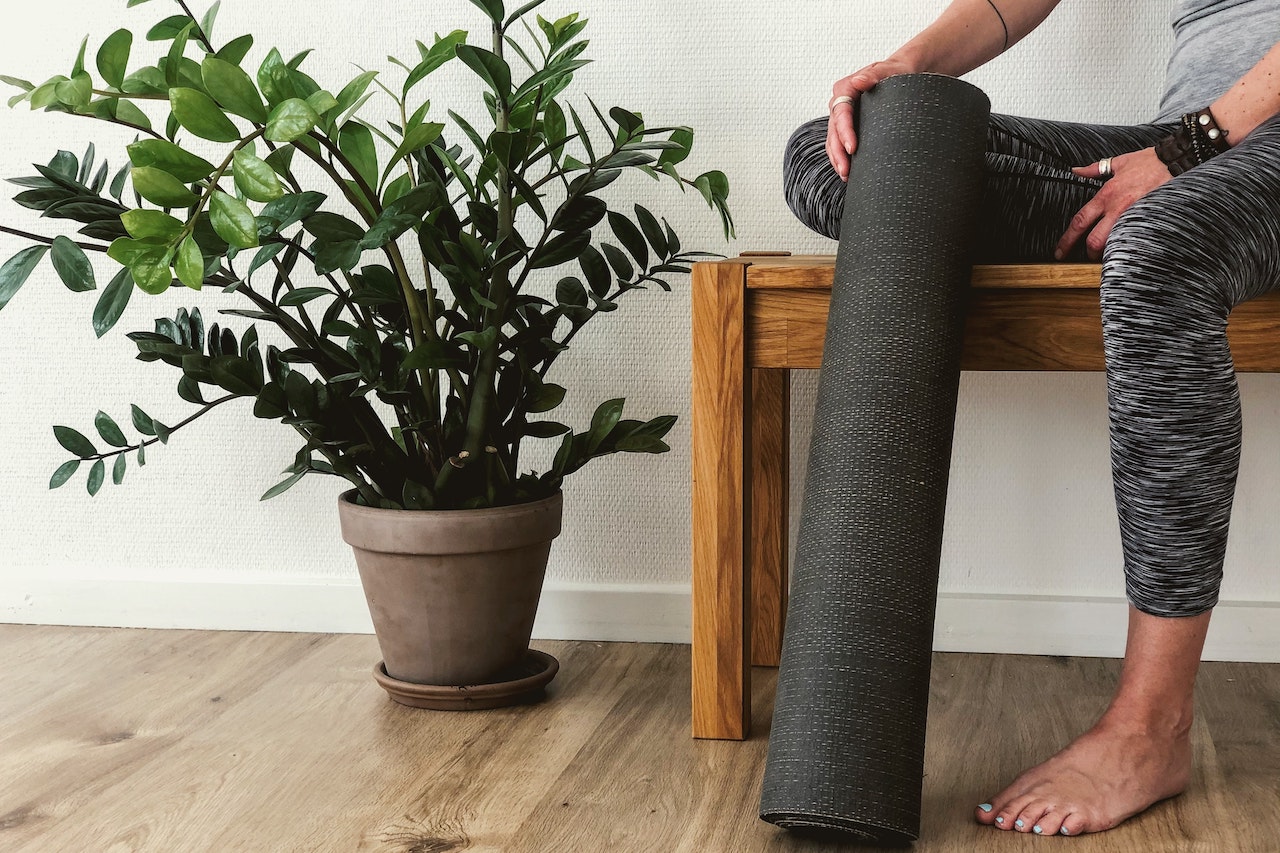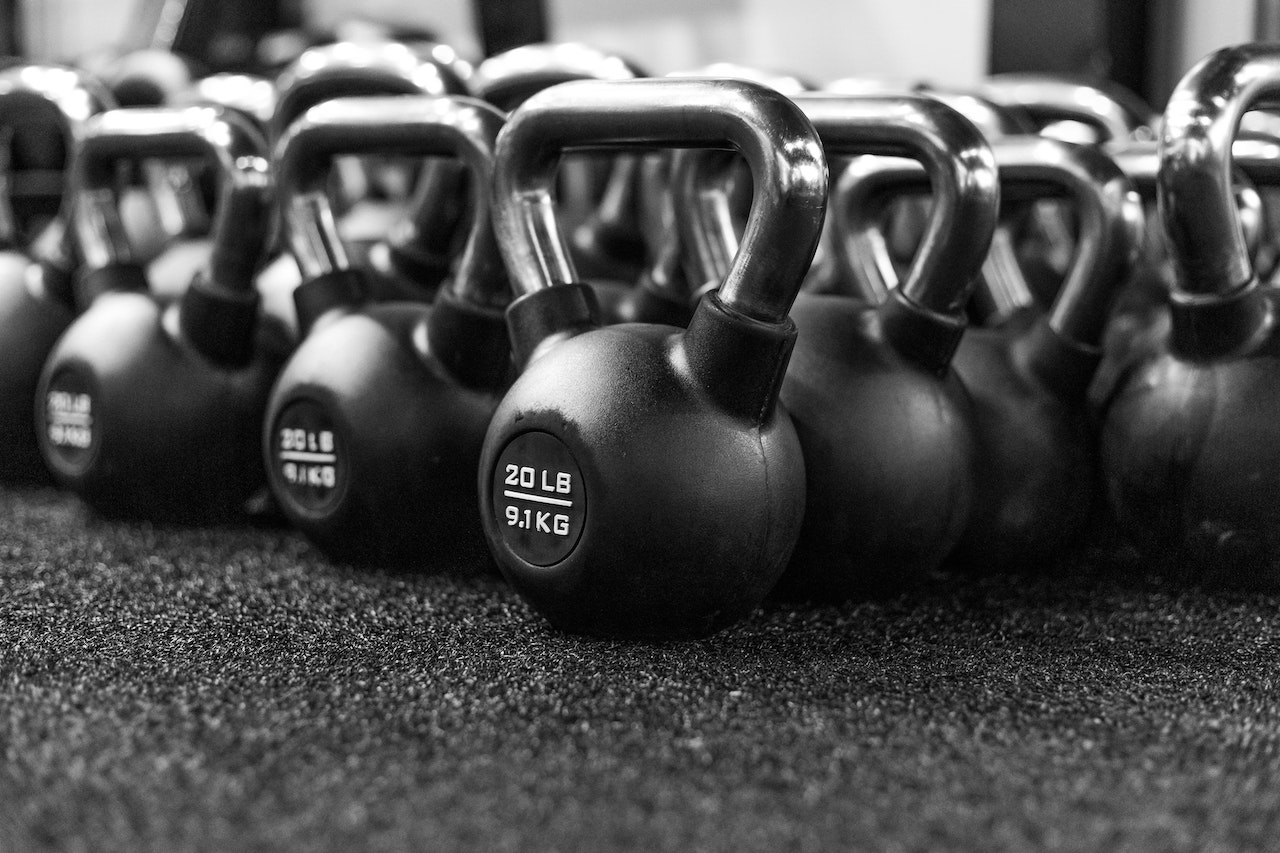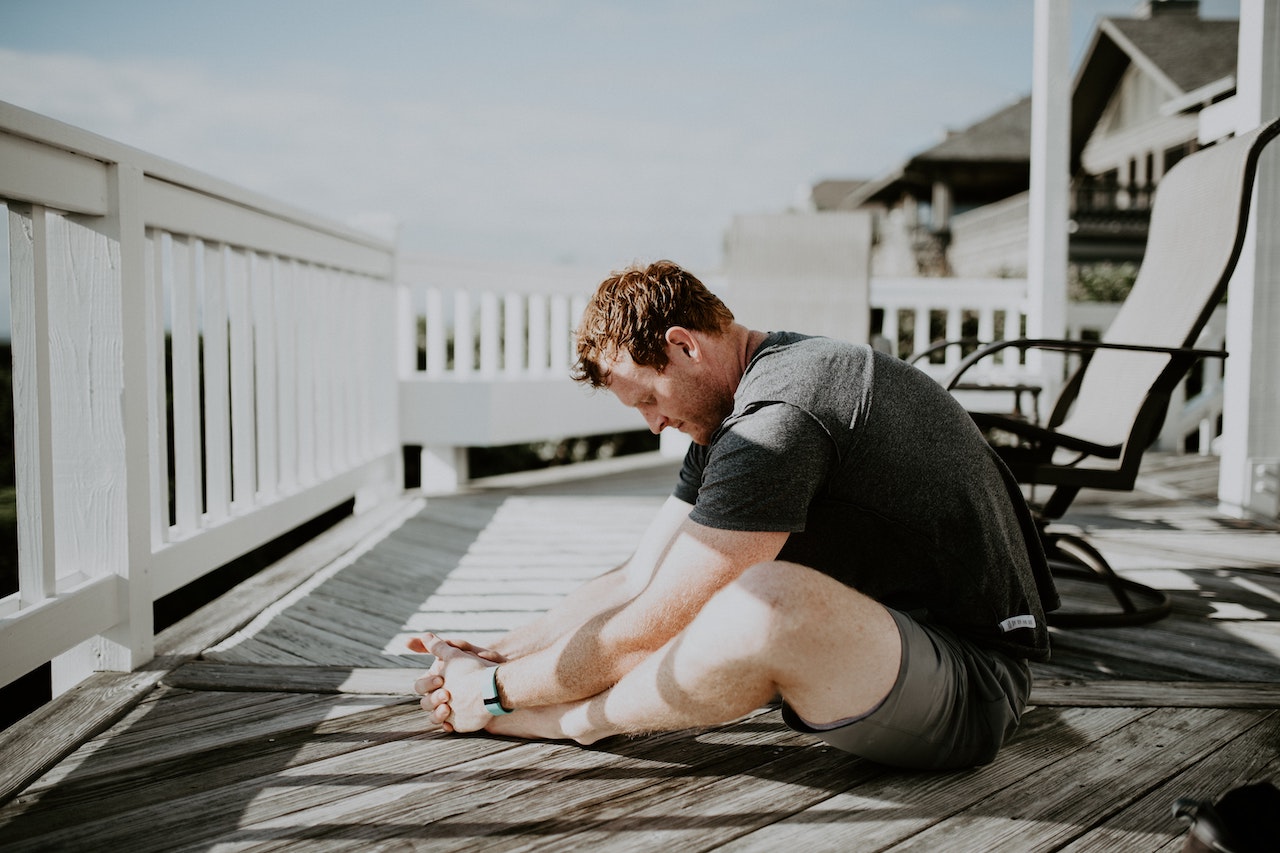In everyday life, whether you work out or not, you are more than willing to show off your arms. This is because your arms are often on display and can show off its shape more directly. And what we often call showing off your arms is actually showing off your biceps. Whether the muscles are well toned and whether the arms are more powerful can often be seen through the display of the arms.
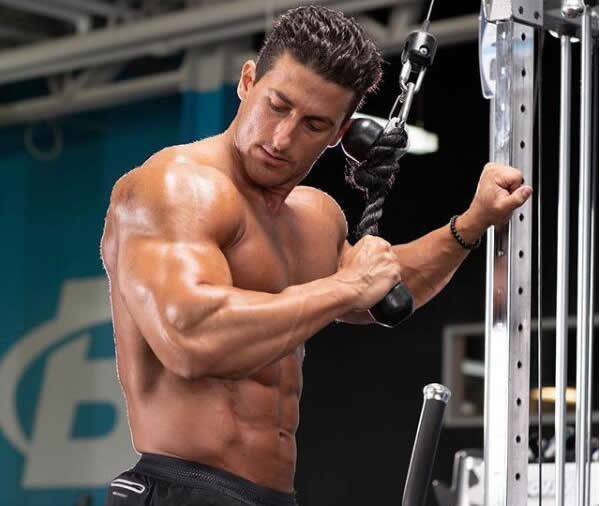
Because, the biceps are located on the front side of the arm position, it is the biceps that we often show off. In our normal life, it is used a lot, so it is not very easy to accumulate fat compared to other positions, so even if you have not trained specifically, you will still have muscle. This is of course if you have a relatively low amount of body fat, which is not the case if the amount of fat is on the high side. However, there are many people who have specific requirements for their arms and want them to be more developed, so if we want to achieve this, we need to train them specifically.
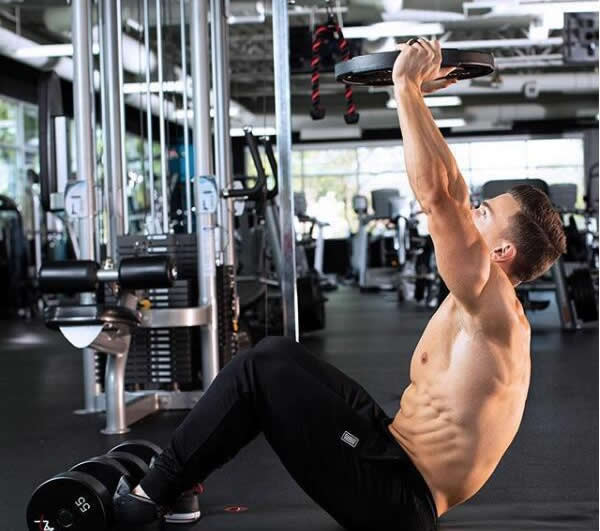
To have more developed arms is simply to have a wider arm dimension. Therefore, we can't just target the biceps, that's not enough. We also need to stimulate and exercise the triceps, as well as the shoulder muscles. This is the best way to increase the dimension of the arms and allow for a more coordinated development between the muscle groups.
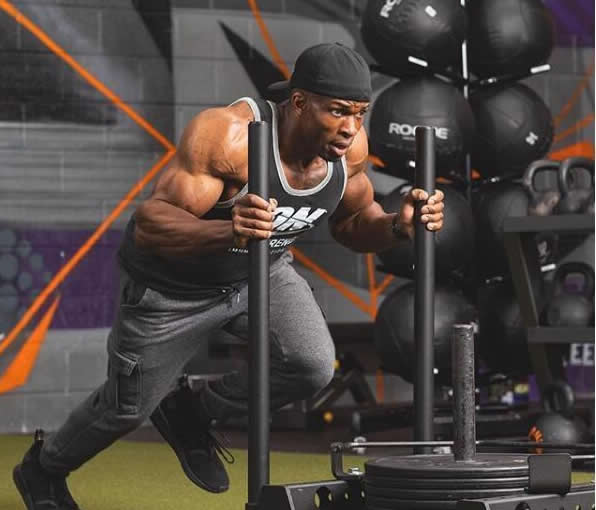
Therefore, we will recommend some movements specifically for biceps training, which are also relatively classic. If you feel that the exercises we recommend are not enough, you can add other movements, preferably ones that target the triceps for stimulation.
Movement 1: Single arm preacher's chair curl
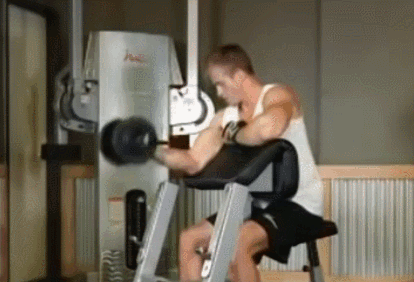
This movement requires the use of a priest's chair. First find a priest's chair and sit on top of the bench with your legs a certain distance apart, stepping on the floor. Bend your legs and keep your back and lumbar area straight. Place one arm on the protective cushion of the priest's chair in a diagonal position so that the large arm is pressed against it. Hold a dumbbell with your arm straight out, palm up. Place the other arm across the protective pad of the pastor's chair and bend the arm, allowing the dumbbell to move up until the small arm is perpendicular to the floor. Pause and straighten the small arm again.
Movement 2: Alternate upward incline dumbbell curls
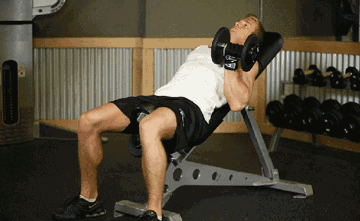
This one requires the use of a dumbbell bench, recline on the dumbbell bench and adjust the angle. The legs are spread apart, bent and on the floor as well. With your back and lower back as stable as possible, hold a dumbbell in each hand, naturally on each side of your body, perpendicular to the floor. Then push upwards, bend the small arms and lift the dumbbell. Let the small arms be perpendicular to the ground and then straighten them out again. Return to a vertical ground position while bending the other arm to lift the dumbbell in the other hand.
Movement 3: Reverse grip pull-ups
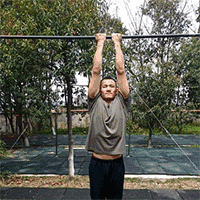
Hold the lever at a relatively close distance and use a reverse grip. Then let your body be naturally perpendicular to the ground with your legs straight, your waist and back must remain stable and your abdomen tight. Then pull the lever upwards so that your chin is above the lever and bend your arms until your lower arms are perpendicular to the ground. Pause at the apex and then slowly descend to the starting position.
Movement 4: Dumbbell concentration curl
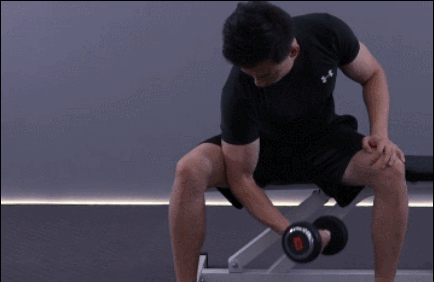
In a seated position, sit on a seat. Bend your legs and spread them wider apart. Support your body by holding one arm on your knee with the palm of your hand. Hold the dumbbell in the other arm, with the large arm against the thigh position, straighten the arm and then bend the small arm so that the small arm moves closer to the large arm, driving the dumbbell closer to the large arm. Pause for a moment in this movement, keeping your back and waist straight and your abdomen tight, then slowly straighten your lower arm again, allowing the dumbbell to return to its initial position.
For each of the above sets, perform about 10 reps, 3-4 sets each time, 1-2 times a week. The number of reps and sets, as well as the number of reps per week, can be adjusted according to your time and physical ability, but not too much or too little. Before performing the movements, do a proper warm-up activity, during the movements, follow your own ability to complete, don't push too hard, safety is the first priority, after the movements, it is recommended to do a stretching and relaxation activity. There are not many movements, but, as long as you can keep training, it is enough to grow your biceps.

